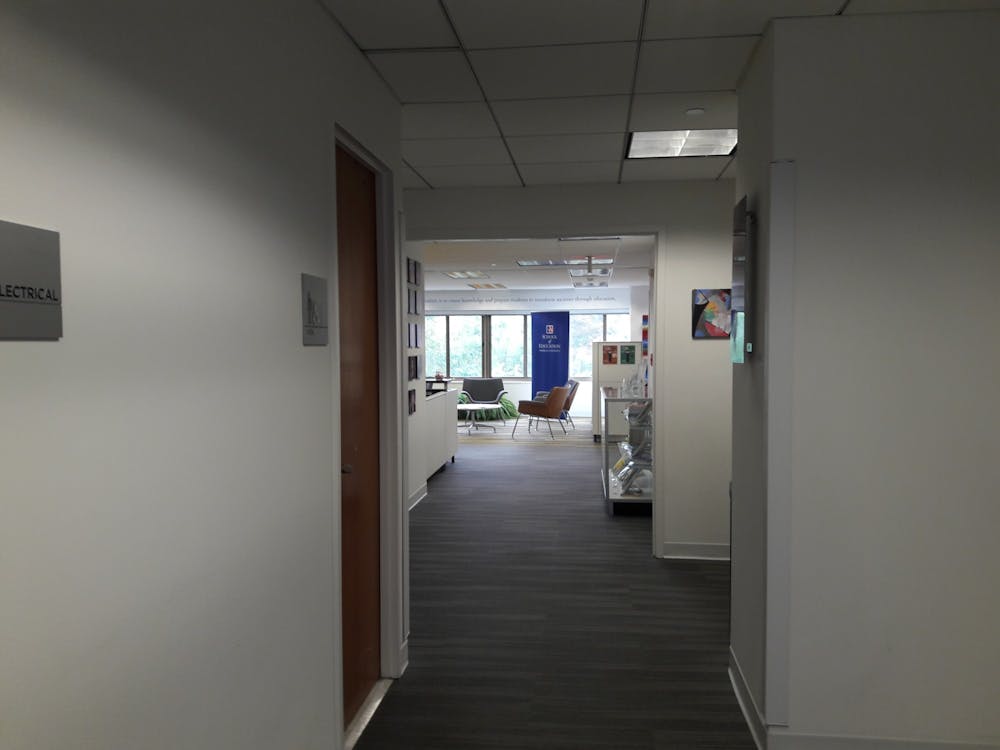The College Board unveiled a new potential course during the 2022-2023 school year: Advanced Placement African American Studies. Yet, it will not be taught in Florida high schools in its current form.
The course, which is now in a pilot phase and set to be available to all students in spring 2025, has been rejected by the Florida Department of Education after Florida’s Gov. Ron DeSantis deemed it a part of a “political agenda.”
The course contains history of the Black experience, “—literature, the arts and humanities, political science, geography, and science,” according to College Board’s website. The course has been in the works for more than a decade and many universities have already expressed support for it to transfer for credit.
The rejection is one of many steps that Florida is taking to limit inclusive education while Gov. DeSantis seemingly gears up for a predicted run for the 2024 presidential election. Another controversial law the Florida legislature recently passed is the “Stop WOKE” Act, which aims to restrict what can be said about gender, sexuality and race on college campuses and workplaces. DeSantis claims that the proposed curriculum of AP African American Studies would break the “Stop WOKE” Act.
In an interview with NPR, Christopher Tinson, the chair of the African American Studies department at Saint Louis University who was involved in the creation of the course, said, “We wanted to give a comprehensive view of the culture, literature, historical development, political movements, social movements.”
College Board since changed the curriculum, but denies that the changed was due to political input, and instead cites “the input of professors,” says David Coleman, the head of the College Board. The New York Times article, “The College Board Strips Down Its A.P. Curriculum for African American Studies” explained these changes, “ . . . had a time-stamped document showing that the final changes to the curriculum were made in December . . .” which sets the changes prior to Gov. DeSantis’ criticism.
In an ever-changing education world, American University’s dean of the School of Education, Cheryl Holcomb-McCoy, explained that this is not new.
“[The rejection is] indicative of the history in this country around race, class, issues, around trying to control public education,” Holcomb-McCoy said. “We know that education is a determinant of so many other things.”
She also emphasized that the importance of education is being more widely understood, resulting in the government “taking aim at education” and said that this rejection is setting the stage for the future of education.
“If [Gov. DeSantis] can get away with this, then watch out, other states,” Holcomb-McCoy said, adding that Gov. DeSantis and other legislators are becoming a threat to education.
“What [DeSantis] wanted to do was cause this continued debate around what we’re teaching students and wanting to decide the version of history that’s going to be taught,” Holcomb-McCoy said. “But to maintain the structures we have now, which I think is what DeSantis and his folks want to do, they want to maintain the status quo and the inequities that we have in our society and they want to do that by erasing history. I think it’s very dangerous.”
Shayna Caruso, a freshman in the School of Education, said that the control on education seen in the rejection of AP African American Studies is “really scary” and will affect where she moves after graduation.
“Everyday we learn about these new laws, whatever it is, and how to prepare our classrooms for being an inclusive environment, despite these actions,” Caruso said, adding that SOE concentrates on anti-racism in education and implementing it in classrooms.
“Our perception in the School of Education is, what can we do in everyday classrooms to continue that truth telling of American history, no matter what it looks like,” Caruso said. “And if we don’t have those other representations or perspectives, there’s no way that we will be able to prepare these kids for the world.”
Yet, in the wake of all of the red tape lawmakers are putting down, Holcomb-McCoy stays hopeful for the future educators from AU.
“Everyday I feel better about the future because of our students,” Holcomb-McCoy said, adding that there are many ways that noneducators can support educators.
“We need people outside of education valuing education,” she said “Voting for candidates who value education, that’s so important. We need as many supporters as we can get.”
This article was edited by Maeve Fishel, Jordan Young and Abigail Pritchard. Copy editing done by Isabelle Kravis.
skolnick@theeagleonline.com





